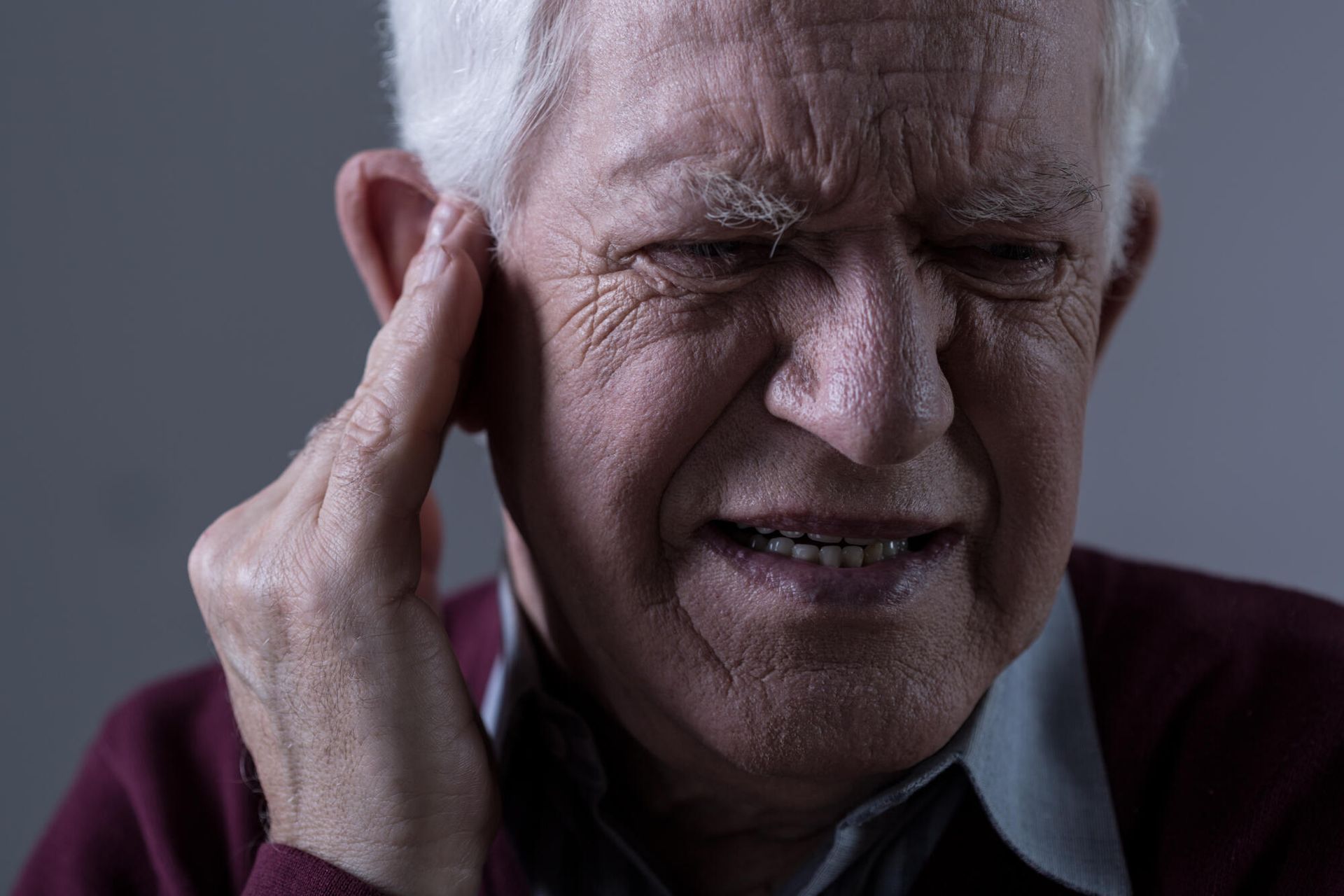How Long Does TMJ Last? A Guide to TMDs
How long does TMJ last? Does it come and go, or is it a lifelong condition? Learn more about it and what your treatment options are here.

The pain in your jaw is excruciating. Initially, you thought it was something momentary, but it's lingered for days.
You've had enough. You want to know how long does TMJ last.
It only makes sense to ask. After all, if it persists much longer, it could damage your employment, your family life, and even your mental health.
Let's examine TMJ pain so you'll know what to expect and what to do to get relief as soon as possible.
What Is TMJ?
You're not alone in wondering about your TMJ pain. Millions of Americans suffer from pain associated with the joints that operate their jaws.
TMJ is the name that most people casually use to refer to their joint pain. TMJ actually is just the name of your joint, the temporomandibular joint. If you have pain in the jaw joint, you're experiencing TMD or temporomandibular disorder. It's also known as temporomandibular dysfunction. As the name implies, it primarily affects the temporomandibular joint, once again, the TMJ. The pain will also affect the ligaments and muscles responsible for moving the jaw.
There are three primary types of TMDs. There are disorders that affect the jaw joints, those that affect the muscles necessary for chewing, and headaches caused by TMD.
How Long Does TMJ Last Without Medical Assistance?
The TMJ is on either side of your jaw, connecting the jawbone to the skull. Place your index fingers on either side of your face, just in front of the middle of your ears. Now open and close your jaw. You should feel the two joints in action.
Under normal conditions, you're unlikely to feel any discomfort by opening and closing your jaw. That means the TMJ is staying in its correct position, in the socket. The pain you experience is the result of the TMJ sliding forward or popping out of its socket.
TMJ pain can be a short-term TMD flare-up or a long-term problem. It depends on the root cause.
It can fade away in a couple of weeks without TMD treatment if the underlying condition isn't serious. On the other hand, if the cause is severe, the pain can continue for years if there's no intervention.
What Are the Causes of TMD?
Many people are struck with TMD without a definitive reason. But in other cases, there may be more clear-cut causes.
For example, some people unconsciously grind their teeth. Sometimes this is due to intense stress. At other times, it may be the result of misaligned teeth. In other words, the top and bottom teeth don't meet at the proper angle.
An injured jaw can also trigger the onset of TMJ issues. Arthritis, which most people associate with knees and hands, is another possible cause of TMJ discomfort.
What Are the Symptoms of a TMJ Problem?
The most prominent symptom of a TMJ problem is a painful jaw. The intensity can vary from person to person.
And it can differ from day to day and hour to hour. The jaw pain may spread, affecting everything from the ears to the neck and shoulders.
There's often a clicking noise when you move the jaw. Some people report hearing their jaw make a popping sound.
But clicking and popping alone aren't reasons for concern. They're normal. They only merit a trip to the dentist if the clicking or popping is painful.
Headaches are common symptoms. They can even manifest as migraines. Other symptoms include ringing in the ears and toothaches.
How Can You Aggravate Your TMJ Pain?
You can inadvertently worsen your symptoms through bad habits. For example, if you feel the need to constantly chew while working, you might spend hours each day munching on ice, chewing gum, or even biting a pencil. They may sound like innocent behaviors, but you may be overworking your jaw.
Similarly, if you tend to eat quickly, you could be setting yourself up for major TMJ issues. When you eat quickly, you generally try to chew overly large pieces of food. The larger the bite, the more work for your jaw.
Another bad habit to break is using your teeth like a Swiss Army knife. Don't rely on your teeth to remove bottle caps, undo stuck jar lids, bend wire, or anything else they're not designed to do. The few minutes you take to find the proper tool could save you days of jaw pain.
How Can You Treat TMJ Pain at Home?
Adopt behaviors that will make it easier for your jaw to heal. One of the best things you can do is to switch to soft foods. But regardless of how soft the food is, try to chew only on the less painful side of your mouth.
You can use ibuprofen or similar nonsteroidal anti-inflammatory drugs to reduce swelling. First, verify that the drug will not interfere with your other medications.
Hot and cold compresses in combination can also dampen pain, lessen swelling, and speed healing. Apply either a hot or cold compress for about 15 to 20 minutes. Then allow the area to rest for 15 to 20 minutes before switching to the other compress.
If stress seems to be one of your causes, learning how to unwind could prove beneficial. You could learn various relaxation techniques and exercises. You might also schedule more time for sleep, journaling, meditation, and self-reflection.
Is Surgery Always Necessary?
Surgery is a possibility but, fortunately, TMD often responds well to non-surgical treatments. One highly effective non-surgical TMJ treatment is the use of a mouthguard, especially for those who grind their teeth.
Mouthguard
A mouthguard is a plastic appliance that fits over the teeth. The guard prevents grinding by not allowing the top and bottom teeth to come into contact.
People often grind their teeth during their sleep. So, your dentist may encourage you to always sleep with your mouthguard in place. Appropriately, another name for the appliance is nightguard.
The better the guard fits, the more effective it is. So, have your dentist make a custom guard for you. Don't rely on the over-the-counter versions.
Forcing your teeth into a generic guard will only cause discomfort. And remember, the primary reason for using a mouthguard is to help reduce pain.
Other Non-Surgical Treatments
Exercise has helped many. The exercises stretch your jaw muscles, loosening them. There are also exercises to gently massage your TMJ back into place.
Injections may prove beneficial. A doctor might use a corticosteroid to attack the swelling. Or he might opt for Botox to temporarily prevent certain painful muscles from activating.
Another method for blocking pain signals is transcutaneous electrical nerve stimulation. Small amounts of electricity trigger the muscles to unwind.
Prescription medications such as muscle relaxers can be helpful. They can be particularly effective for people who have the habit of clenching their jaw closed.
Where Can You Get Professional TMD/TMJ Help?
If you've tried to relieve your jaw pain but nothing has worked, it's time to turn to a professional like Dr. Bernard Lynch, DMD, FAGD, LVIF. Why go another day wondering how long does TMJ last?
Instead, immediately contact Dental Care Burke to arrange a visit with Dr. Lynch's staff. After a thorough evaluation, we'll know the true condition of your jaw pain.
Then together, we'll be in a better position to decide what your next step should be. Start today and move toward a pain-free tomorrow.
Dr. Bernard Lynch
Joshua Kibrom
Michael Gebre












